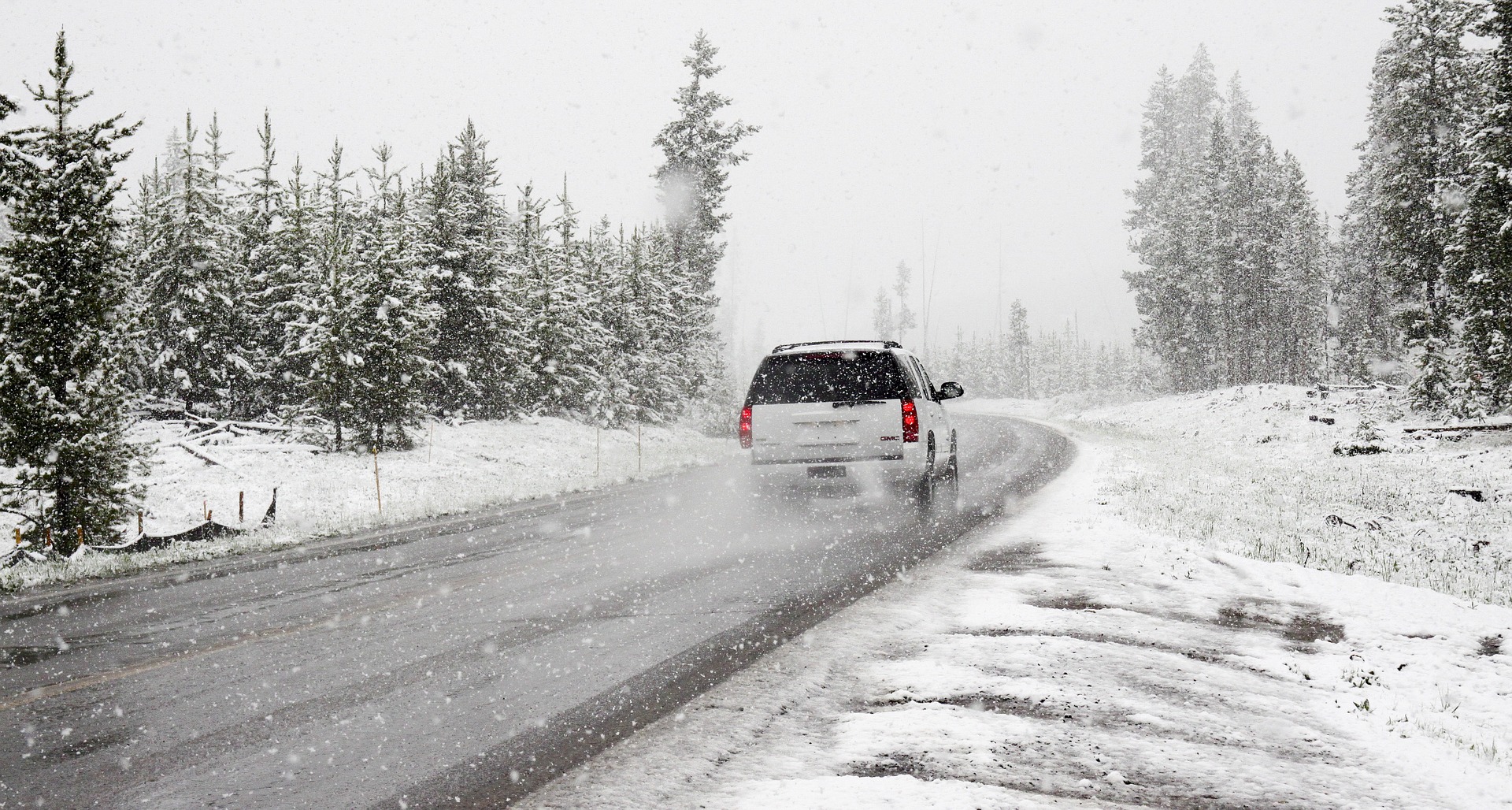As the winter storms continue to pummel the east coast, so too does bad advice for drivers who need to head out on snow-covered roads. Some of the most common winter driving misconceptions can result in damage to your car or overconfidence in critical situations that could result in an accident. In some cases, they could also result in a traffic ticket. Here are five frequently heard winter myths and the truth behind them.
You Don’t Need Winter Tires
There’s no comparison—winter tires simply get better traction. That means shorter stopping distances and better turning in emergency situations. In places where the winters are not so bad, a good set of all-season tires will do just fine. But in New Jersey and New York (especially upstate), a good set of winter tires makes a huge difference.
Defrost Your Windows Using Hot Water
Never, ever do this! The contrast of steaming hot water against ice-cold glass can cause the latter to crack—although contrary to popular belief, it’s unlikely the glass will shatter since windshields are made from laminated safety glass. You are better off running the defrosters and chipping away at the ice with a proper ice scraper.
Four-wheel Drive Is Safe in the Snow
Four-wheel drive does offer some advantages in the snow. Cars with this feature divert power to wheels that have the most traction, which can reduce the risk of fishtailing on ice. However, the feature does little to help a vehicle steer better, and it won’t help a car to stop sooner in a short distance. All-wheel drive can also disguise how slippery a road really is.
An SUV/Crossover Is Safe in the Snow
While you may be able to overcome larger snowdrifts than those in a sedan, your vehicle’s height makes no difference in terms of ability to handle ice. In fact, that extra weight could make it take longer to slow down once you lose traction.
Warm Up the Engine/Don’t Warm Up the Engine
There are two types of people out there: those who idle their car before driving in the winter and those who don’t. Both are somewhat wrong. The former are recycling advice born from the days cars had carbureted engines. Idling for 20 minutes in the winter was a good idea back then.
The latter are thinking (correctly) that today’s fuel-injected engines do not need to be warmed up. More so, there’s sound reason to believe that warming up the engine could cause potential damage.
However, that doesn’t mean you shouldn’t warm up the engine at all. In fact, idling for one to five minutes before putting the car into drive in the winter can help get the oil viscosity back up to snuff. Just don’t let the engine run much more than that.
Can Ignoring These Myths Lead to a Traffic Ticket?
On their face, most of these myths do not inherently carry the potential for a traffic ticket. However, there are some ways in which they could result in a citation. For example, drivers with severe cracks in their windshield as the result of pouring hot water on it in the winter (or for any other reason) could be charged with VTL 1213(a) obstructed view. This is a two-point violation with a fine of up to $150 and a NYS surcharge of $88 to $93.
Warming up one’s car in the winter is not a ticketable offense in New York if the driver is in the car and/or the car is in the driveway. However, an idling car on a public roadway with no driver or passengers inside is a violation of VTL 1210(a) Unattended vehicle/engine running. This ticket can cost up to $150, plus the mandatory surcharge of $88 to $93. No points are assigned for this ticket.
Beyond that, drivers need only worry about being overconfident on wintry roads. In addition to the possibility of an accident, drivers who are not cautious could end up getting a ticket for imprudent speed. Under VTL 1180(a), officers have wide latitude in determining what kind of speeds are reasonable given the weather and other road conditions. Penalties for a conviction of imprudent speed in New York include a fine of up to $150, plus a mandatory surcharge of $88 to $93. The violation also applies three points to your license. In serious cases, drivers could also be charged with reckless driving (VTL 1212). This is a serious violation that means five points, can result in up to 30 days in jail, and carries a fine of $300. A conviction for the misdemeanor offense also means a permanent criminal record.
If you or a loved one has been issued a ticket for imprudent speed, obstructed view, reckless driving or any other traffic violation this winter, contact an attorney right away to fight the charges. The lawyers of the Rosenblum Law are experienced traffic ticket attorneys with offices in New York and New Jersey. Email or call 888-203-2619 for a free consultation about your case.




